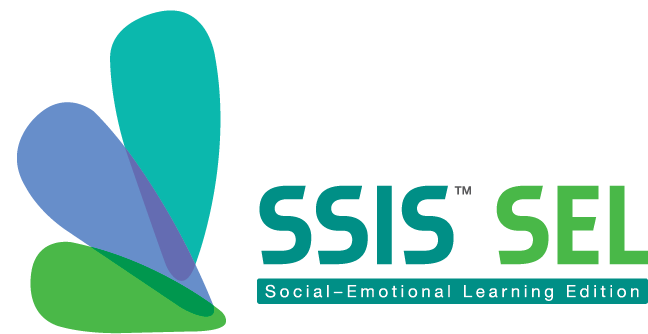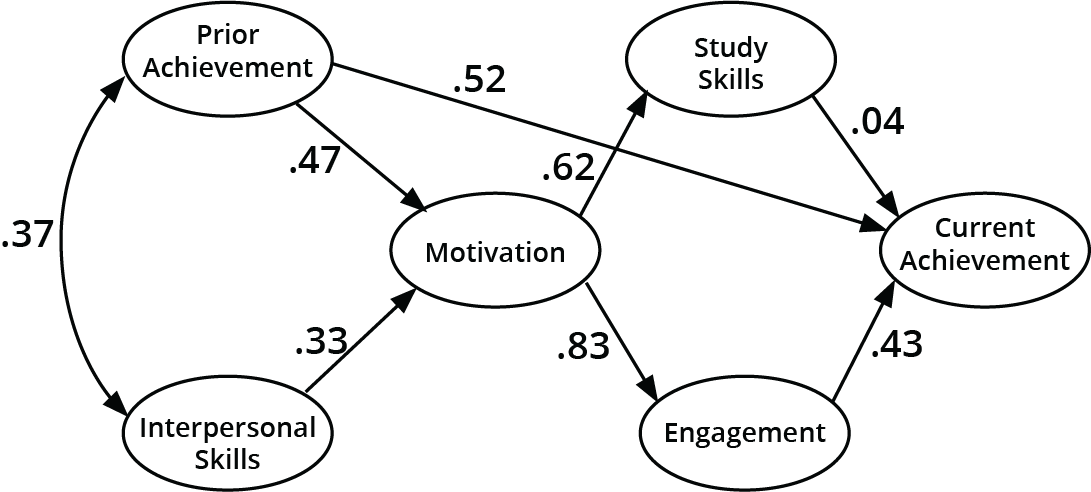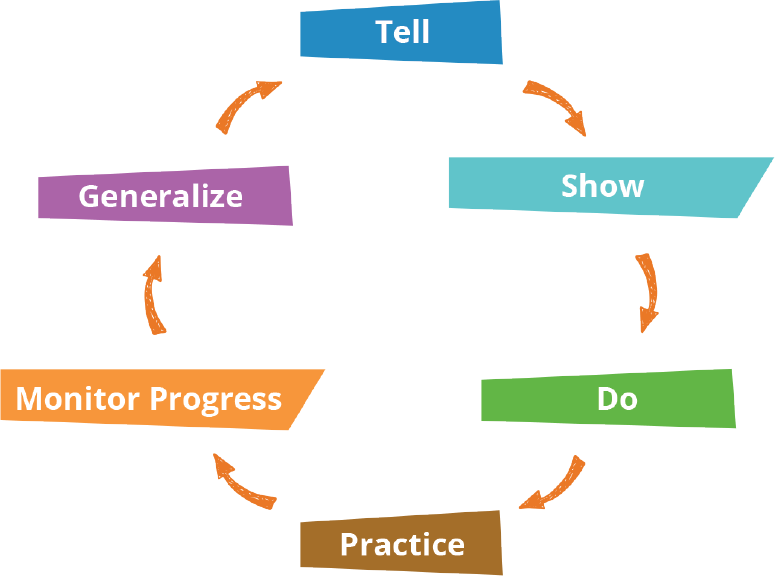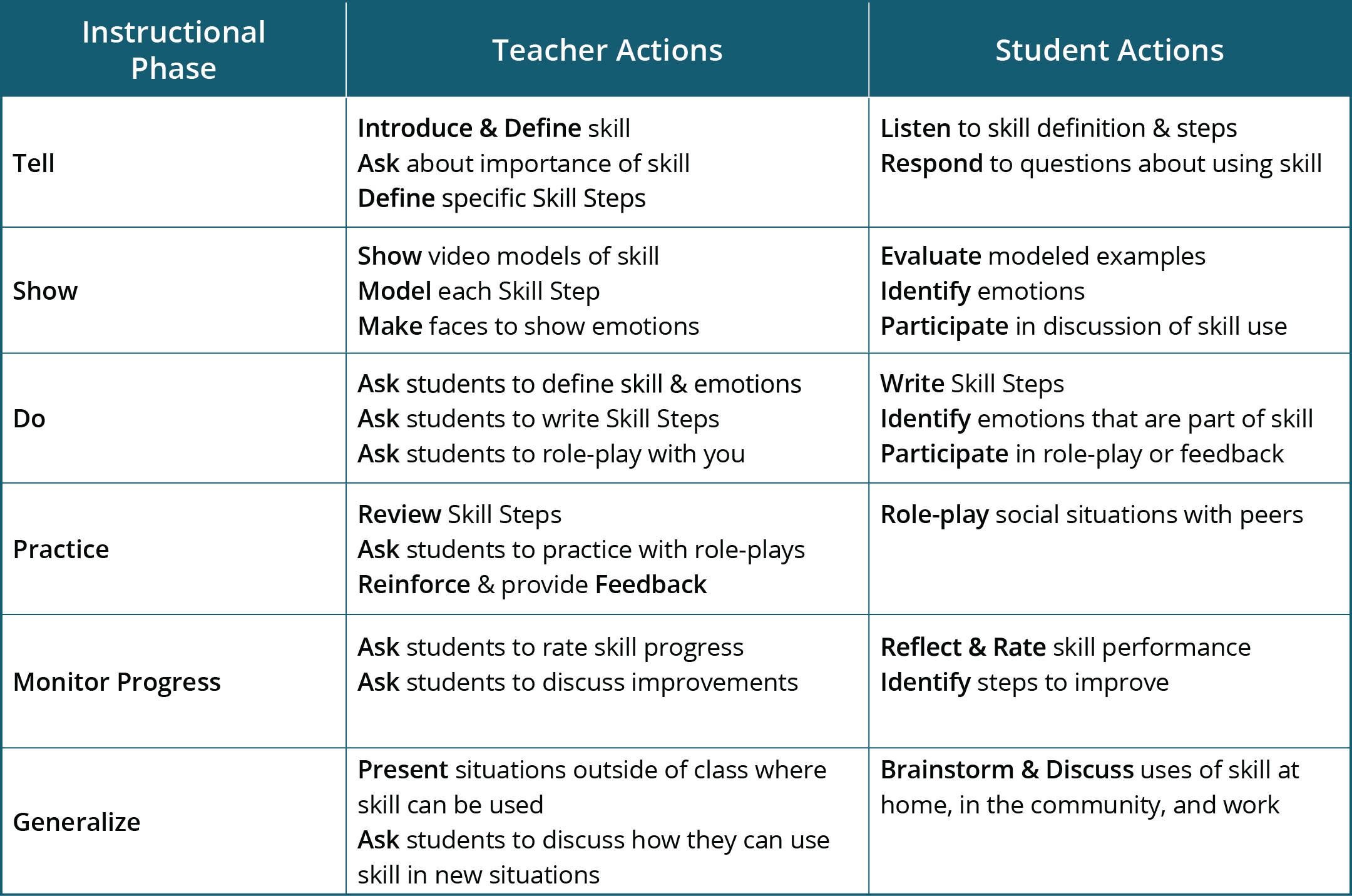Brief #7 – Teaching SEL Skills that Enable Academics
Intervention Simplified
Teaching SEL skills that enable academics
Stephen N. Elliott, PhD

Social–emotional learning (SEL) skills are essential in the development and maintenance of successful relationships with peers, teachers, and new acquaintances. Researchers, to many people’s surprise, have found that for most children, SEL skills function as academic enablers by facilitating engagement in learning (e.g., DiPerna, Volpe, & Elliott, 2002; Malecki & Elliott, 2002). A substantial amount of research supports this claim that effective SEL skills play an important role in children and youth’s efforts to engage effectively with others in daily activities, achieve well-being, and succeed in school. For example, at the elementary and secondary levels, SEL skills critical for students’ classroom success include: following directions, paying attention to instructions, asking for help, and managing conflict (Elliott, Frey, & Davies, 2015).
DiPerna et al.’s (2002) findings, as summarized in the figure, provide evidence on how interpersonal skills (i.e., social–emotional skills) function to influence the achievement of elementary students in mathematics and language arts. As illustrated, interpersonal skills work with motivation to influence both engagement and study skills that are proximal influences directly on academic achievement. Thus, SEL skills play a vitally important role as academic enablers for children especially during elementary years when learning academic skill fundamentals in language arts and mathematics.
Yet, in schools across the country, many capable children still do not achieve desired achievement outcomes; in many of these situations, educators are not actively facilitating the development of SEL skills essential for both social and academic development. An investment of less than 2% of annual instructional time can correct this situation and result in measurable improvements in a family of SEL skills proven to enable higher levels of academic engagement and achievement. The means for accomplishing this outcome is provided by the SSIS™ SEL Edition Classwide Improvement Program (CIP; Elliott & Gresham, 2017a).

The program for teaching social–emotional skills to enable academic achievement
The SSIS SEL Edition CIP provides teachers and other interventionists with an efficient and proven effective way to teach children ages 4 to 14 years a total of 23 skills that represent the social−emotional learning (SEL) competencies of self-awareness, self-management, social awareness, relationship skills, and responsible decision making. These competency domains are based on the Collaborative for Academic, Social, and Emotional Learning SEL framework (CASEL, 2012) and popular in many SEL programs in hundreds of schools today.
The social−emotional skills proven to influence achievement that are assessed by the SSIS SEL Edition Screening and Progress Monitoring Scales (Elliott & Gresham, 2017b) and taught in the SSIS SEL Edition CIP are: Listen to Others, Say Please and Thank You, Follow the Rules, Pay Attention to Your Work, Ask for Help, Take Turns When You Talk, Get Along With Others, Stay Calm With Others, Do the Right Thing, and Do Nice Things for Others. Each of these 10 skills represent one of the five core SEL domains in the CASEL framework. Learning these 10 skills do not make students smarter, rather they allow them to more often and more deeply engage in classroom learning opportunities. When an entire classroom of students can enact these skills fluently with or without prompting, teachers have more time to teach academic content and students have more time to learn the content often in a more interactive, engaging, learning environment!
To teach each of these social–emotional skills, the SSIS SEL Edition CIP uses a six-phase process of Tell, Show, Do, Practice, Monitor Progress, and Generalize. This process has been shown to be engaging, SAFER—Sequenced, Active, Focused, Explicit, Responsive—and very effective. Specifically, DiPerna and colleagues (2015, 2016, 2017), in a randomized control trial funded by the U.S. Department of Education, found that the SSIS SEL Edition CIP resulted in students (1) learning social–emotional skills and performing these desired behaviors more frequently, (2) concurrently reducing the frequency of many common externalizing problem behaviors, and (3) increasing academic engagement and in many cases achievement test scores. These outcomes were greatest for students with the most significant needs. This research documenting the triple positive impact of the SSIS SEL Edition CIP resulted in CASEL designating it “a SELect program for elementary students” (https://casel.org/guideprogramssocial-skills).

The SSIS SEL Edition CIP’s key actions and activities for both the teacher and a classroom of students are listed in the table below. By following this six-phase instructional process, most teachers can teach a skill lesson in 25 to 30 minutes, three times a week and provide an intervention program that students enjoy and learn from.

At the center of this process is a series of role-play situations that students practice and then receive feedback on each Skill Step in a supportive classroom environment. After practicing a skill, students monitor their own progress using a simple four-level scale and are expected to identify which Skill Step(s) need improvement. With these activities and the addition of other SSI SEL Edition CIP resource materials—PowerPoint™ lesson presentations, video clips, Emotions Cue Cards, Student Engagement Records—all on demand and downloadable from the SSIS SEL Edition CIP website, students will be engaged and the intervention is simplified for teachers!
References
Collaborative for Academic, Social, and Emotional Learning. (2012). Effective social and emotional learning programs. Retrieved from https://casel.org/wp-content/uploads/2016/01/2013-casel-guide-1.pdf
DiPerna, J. C., Lei, P., Bellinger, J., & Cheng, W. (2015). Efficacy of the Social Skills Improvement System Classwide Intervention Program (SSIS-CIP) primary version. School Psychology Quarterly, 30(1), 123–141. doi:10.1037/spq0000079
DiPerna, J. C., Lei, P., Bellinger, J., & Cheng, W. (2016). Effects of a universal positive classroom behavior program on student learning Psychology in the Schools, 53(2), 189–203. doi:10.1002/pits.21891
DiPerna, J. C., Lei, P., Cheng, W., Hart, S. C., & Bellinger, J. (2017). A cluster randomized trial of the Social Skills Improvement System-Classwide Intervention Program (SSIS-CIP) in first grade. Journal of Educational Psychology, 110(1), 1–16. doi:10.1037/edu0000191
Elliott, S. N., Frey, J. R., & Davies, M. (2015). Systems for assessing and improving students’ social skills to achieve academic competence. In J. A. Durlak, C. E. Domitrovich, R. P. Weissberg, & T. P. Gullotta (Eds.), Handbook of social and emotional learning: Research and practice (pp. 301–319) New York, NY: Guilford Press.
Elliott, S. N., & Gresham, F.M. (2017a). SSIS SEL Edition Classwide Intervention Program manual. Bloomington, MN: NCS Pearson.
Elliott, S. N., & Gresham, F. M. (2017). SSIS SEL Edition Screening/Progress Monitoring Scales [Measurement instrument]. Bloomington, MN: NCS Pearson.
Malecki, C. K., & Elliott, S. N. (2002). Children’s social behaviors as predictors of academic achievement: A longitudinal analysis. School Psychology Quarterly, 17(1), 1–23. doi:10.1521/scpq.17.1.1.19902
Stephen N. Elliott, PhD, is the Mickelson Foundation Professor at Arizona State University and the co-author of the SSIS SEL Edition Assessments and Classwide Intervention Program.
© 2018 Pearson Education, Inc. or its affiliates. All rights reserved. Pearson and SSIS are trademarks, in the US and/or other countries, of Pearson plc. LRNAS15520 EL 9/18
